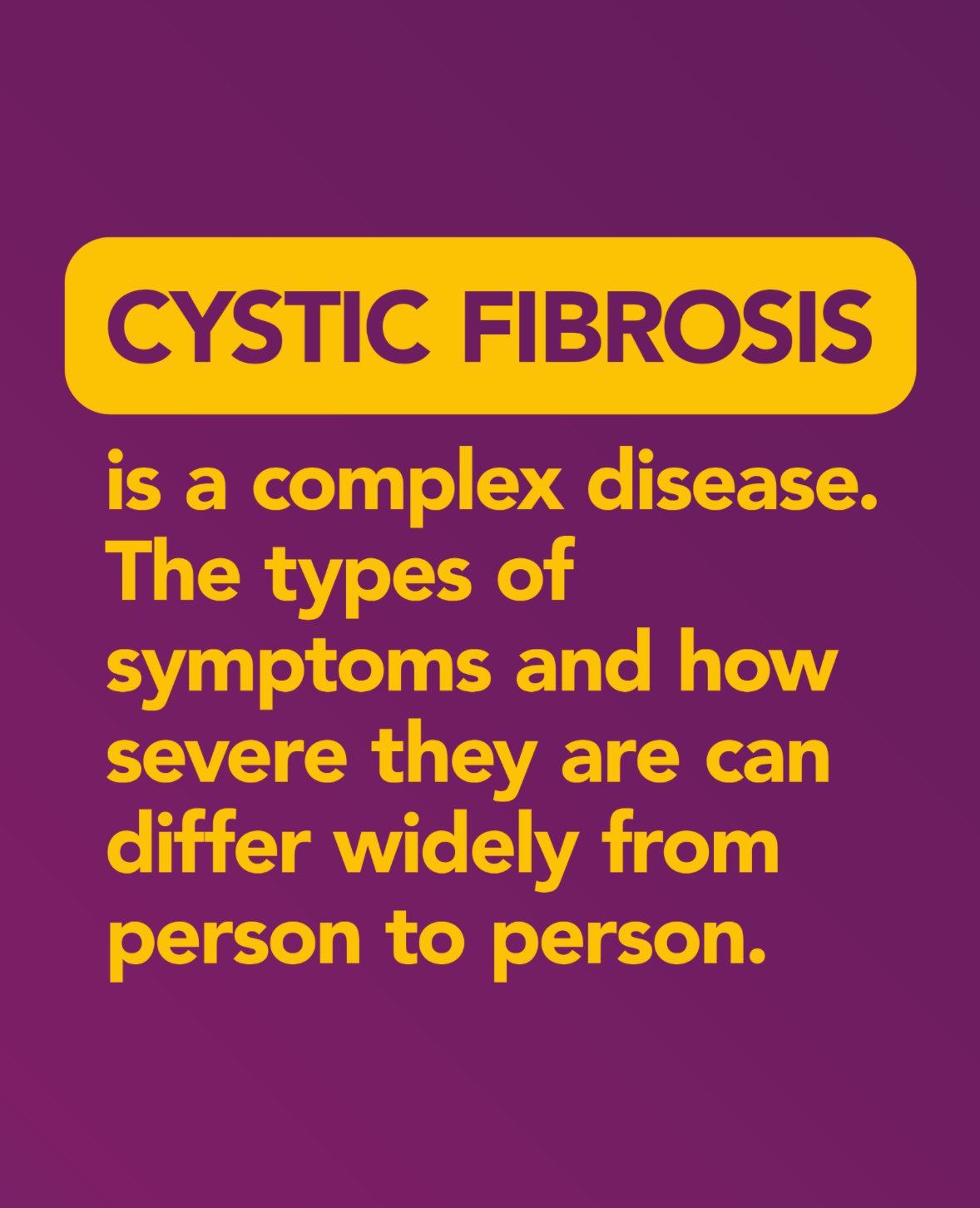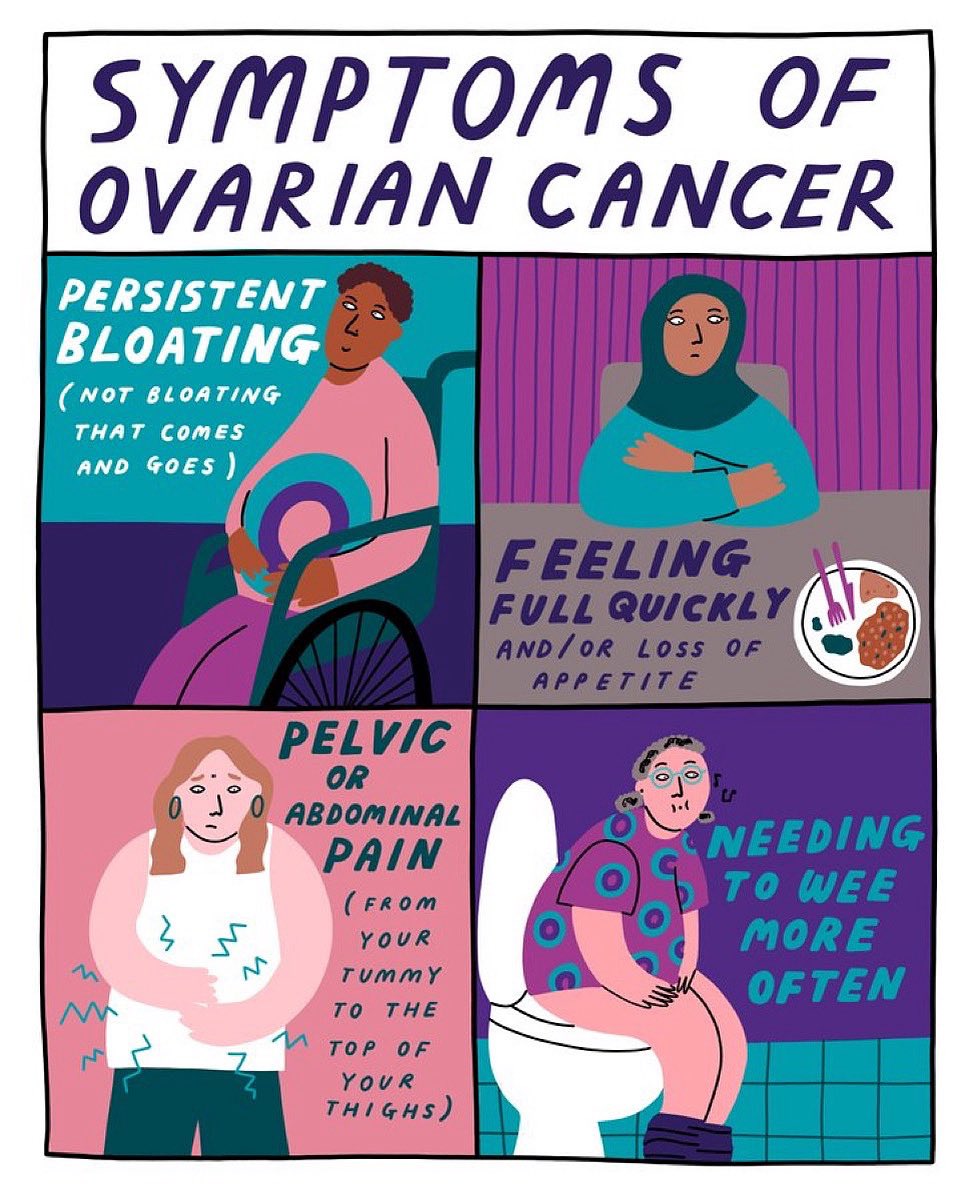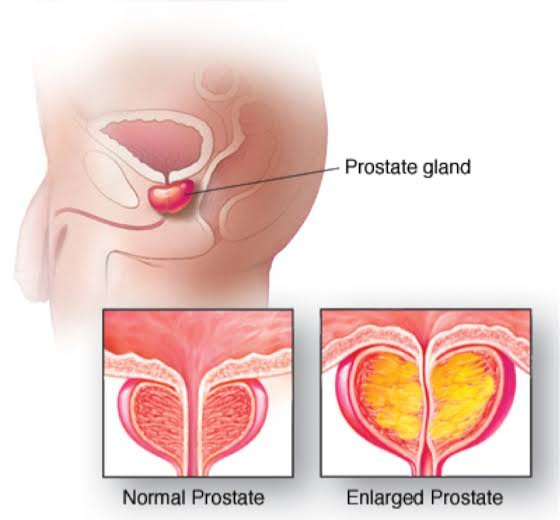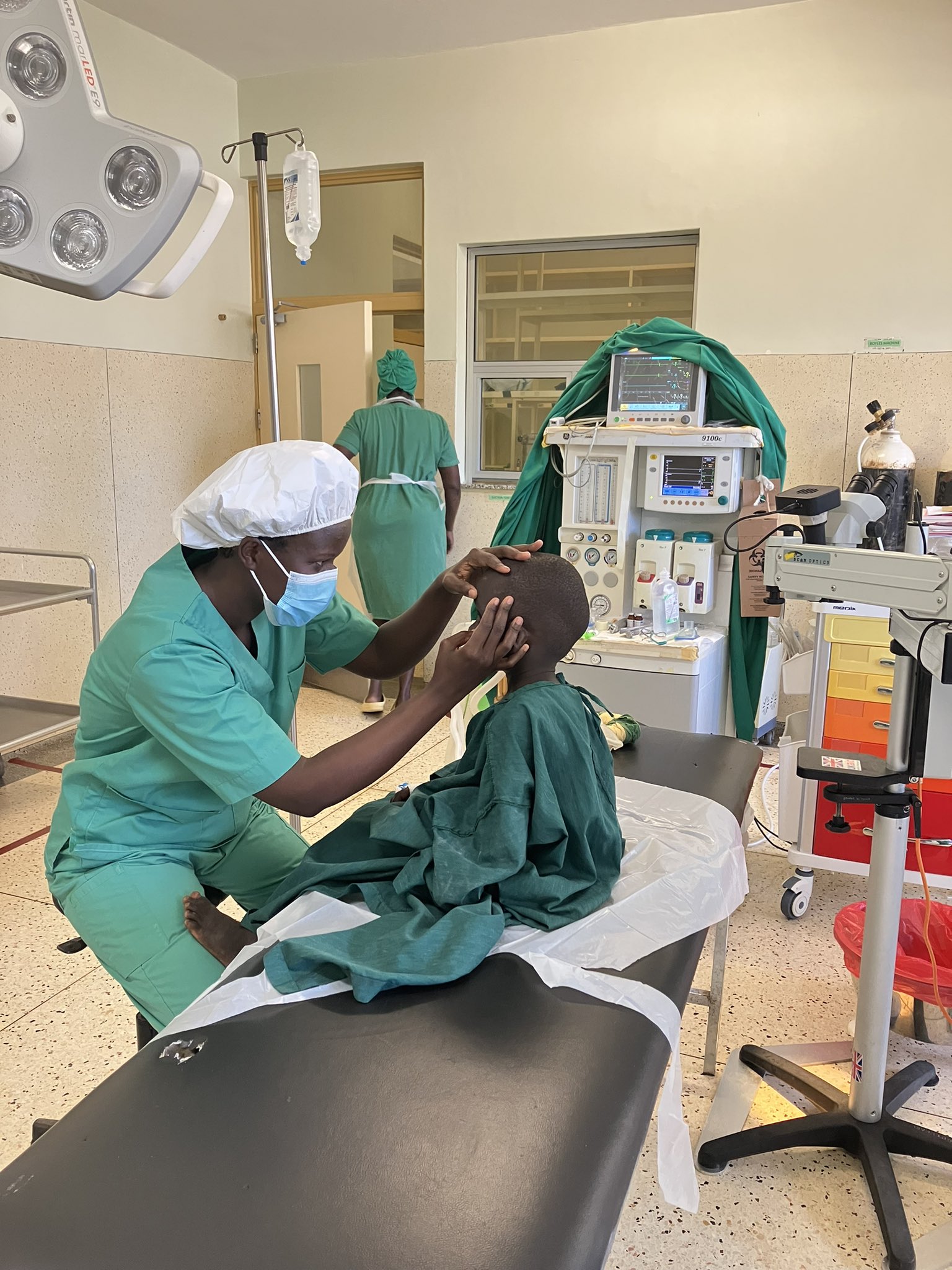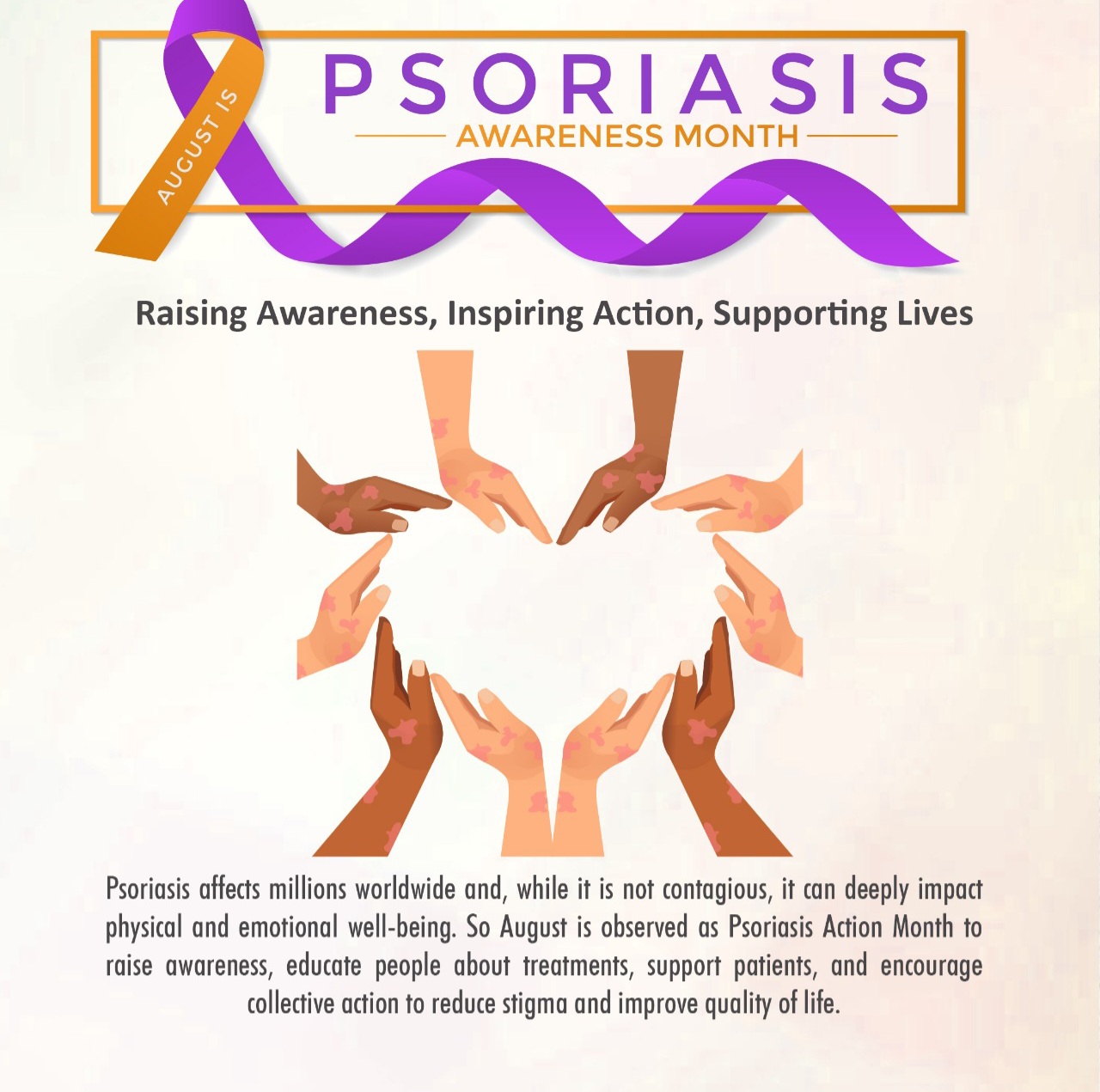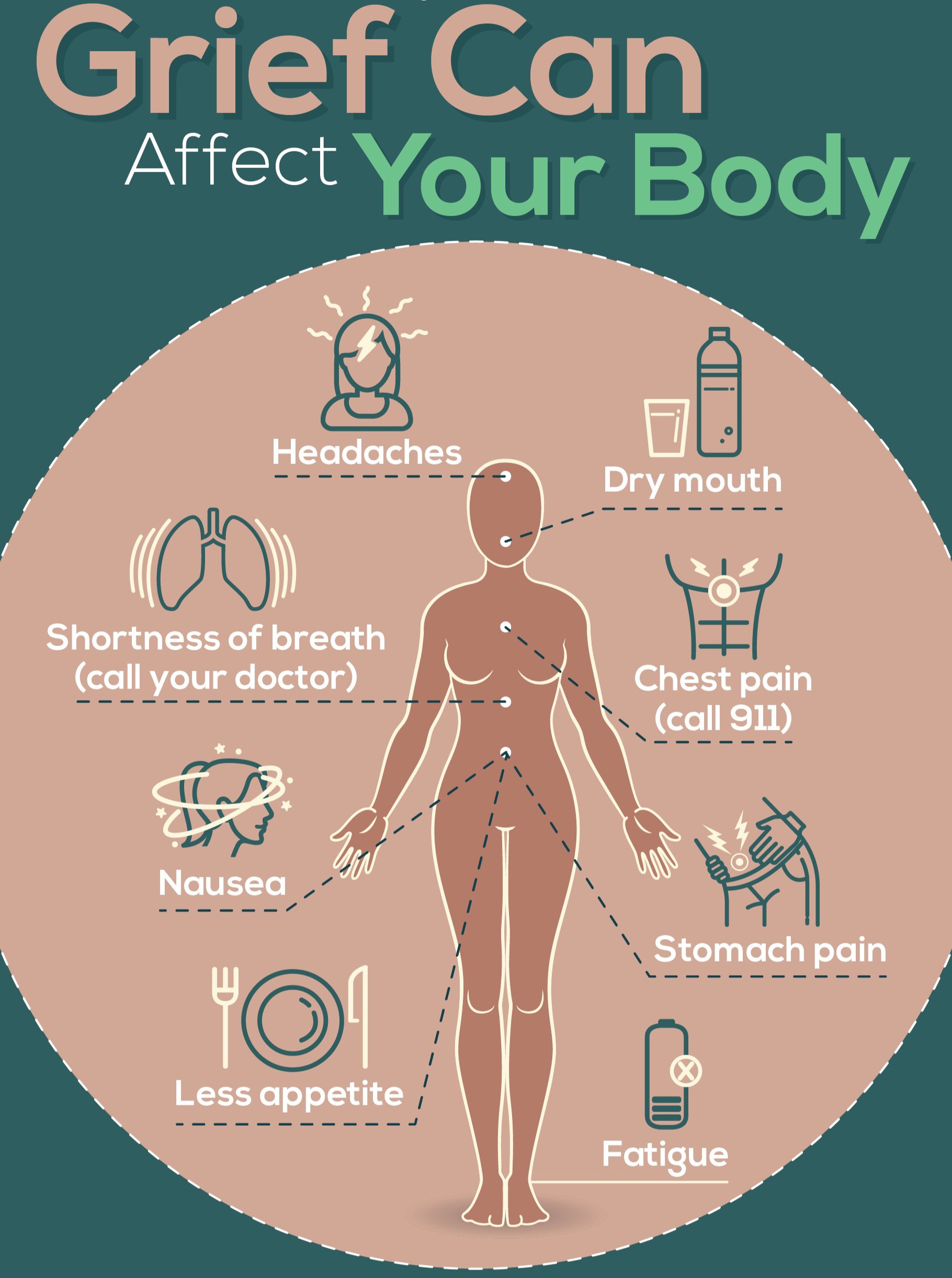Why is Self Care Important?
Self care entails taking care of all aspects of your life for better quality life.
Some major pillars of self care are highlighted below:
Establish Clear Boundaries and have a plan for your tasks.
- Work Hours: Set strict boundaries between work and personal time. Avoid checking work emails or taking calls outside of designated work hours.
- Physical Separation: If possible, create a dedicated workspace at home. This helps mentally separate work from personal life.
Practice Mindfulness and Meditation
- Daily Meditation: Dedicate 5-10 minutes each day to mindfulness or meditation. This can reduce stress and improve focus.
- Mindful Breaks: Take short, mindful breaks throughout the day to reset and recharge.
Prioritize Sleep
- Consistent Sleep Schedule: Go to bed and wake up at the same time every day, even on weekends. Aim for 7 or so hours of sleep per night.
- Sleep Hygiene: Create a relaxing bedtime routine. Avoid screens and stimulants before bed to improve sleep quality.
Regular Physical Activity
- Daily Exercise: Engage in at least 30 minutes of physical activity daily. This could be walking, yoga, or more intense workouts, depending on your preference.
- Stretching: Incorporate stretching exercises into your routine, especially if you have a sedentary job, to alleviate tension and improve circulation.
Healthy Eating Habits
- Balanced Diet: Focus on a balanced diet rich in fruits, vegetables, whole grains, and lean proteins. This fuels your body and mind for better performance.
- Meal Planning: Prepare meals in advance to avoid unhealthy eating during busy workdays.
Social Connections
- Stay Connected: Make time to connect with friends and family. Social support is crucial for mental health.
- Quality Time: Engage in activities that foster strong relationships, such as sharing meals, playing games, or simply talking.
Hobbies and Leisure Activities
- Pursue Passions: Make time for hobbies and activities that bring you joy and relaxation. This could be reading, gardening, painting, or anything else that helps you unwind.
- Unplug Regularly: Disconnect from technology during leisure time to fully engage in your activities.
Time Management
- Prioritize Tasks: Use tools like to-do lists or planners to prioritize tasks. Focus on completing the most important tasks first to reduce stress.
- Delegate When Possible: Don’t be afraid to delegate tasks at work or home. This can free up time for self-care and prevent burnout.
Regular Self-Check-ins and health check ups
- Emotional Check-ins: Regularly assess how you’re feeling. Journaling or talking to someone you trust can help process emotions.
- Professional Help: If you’re feeling overwhelmed, don’t hesitate to seek professional help from a therapist or counselor.
- Monitor your health: Regular check ups allows for early detection of ailments and also helps you know your health status aiding you to make informed choices regarding your health.
Gratitude Practice
- Daily Gratitude: Take a few moments each day to reflect on what you’re grateful for. This practice can improve your mood and overall outlook on life.
Incorporating these self-care routines can help you maintain a healthy balance and increase your output and performance.
How can you practice self care during strength and flexibility exercise?
To enhance self-care and avoid common injuries associated with physical exercise, here are some practical tips:
Warm-Up and Cool-Down
Importance: Always start with a warm-up to prepare your muscles for physical activity. Warming up increases blood flow to your muscles and reduces the risk of strains and sprains. Cooling down after exercise helps gradually reduce your heart rate and stretch your muscles, which can prevent stiffness and soreness.
Tip: Spend 5-10 minutes on dynamic stretches or light aerobic activity, like walking or cycling, before and after your workout.
Practice the proper form of exercise.
Importance: Using correct form during exercises reduces the strain on your joints and muscles, helping prevent injuries such as tendonitis, back pain, and joint dislocations.
Tip: If you're unsure about your form, consider working with a personal trainer or using online resources that offer visual and verbal cues on correct techniques.
Gradually Increase Intensity
Importance: Avoid pushing your body too hard, too quickly. Sudden increases in the intensity, duration, or frequency of your workouts can lead to overuse injuries, such as stress fractures or muscle tears.
Tip: Follow the “10% rule,” which suggests increasing your activity level by no more than 10% per week.
Use the Right Equipment
Importance: Proper footwear and equipment tailored to your activity can provide necessary support and reduce the risk of injuries like plantar fasciitis or shin splints.
Tip: Replace worn-out shoes regularly, and ensure that any protective gear, like helmets or wrist guards, fits properly.
Listen to Your Body
Importance: Pay attention to signs of fatigue or pain. Ignoring these signals can lead to more serious injuries, such as ligament tears or chronic conditions.
Tip: Rest is just as important as exercise. Incorporate rest days into your routine to allow your body to recover.
Stay Hydrated and Eat Well
Importance: Dehydration and poor nutrition can lead to muscle cramps, dizziness, and decreased coordination, increasing the likelihood of injury.
Tip: Drink water regularly throughout the day and ensure you’re consuming a balanced diet rich in vitamins and minerals that support muscle and bone health.
Strengthen Core Muscles
Importance: A strong core stabilizes your body, reduces strain on your back, and improves your balance, reducing the risk of falls and back injuries.
Tip: Incorporate exercises like planks, bridges, and abdominal workouts into your routine to build core strength.
Get Enough Sleep
Importance: Sleep is essential for muscle recovery and overall physical health. Lack of sleep can lead to decreased coordination and slower reaction times, increasing the risk of accidents and injuries.
Tip: Aim for quality sleep per night to support recovery.
Maintain Flexibility
Importance: Regular stretching improves flexibility, which can help prevent injuries like muscle strains or joint issues.
Tip: Incorporate stretching into your daily routine, focusing on all major muscle groups, especially after exercise when your muscles are warm.
Avoid Overtraining
Importance: Overtraining can lead to burnout and a higher risk of injuries. It’s essential to allow your body adequate time to recover between workouts.
Tip: Listen to your body and adjust your workout intensity and frequency based on how you feel.
By incorporating these self-care tips into your routine, you can significantly reduce the risk of common injuries and maintain a healthy, active lifestyle.











































































































